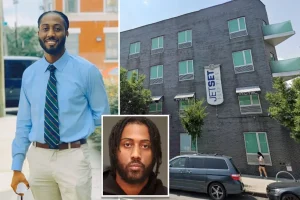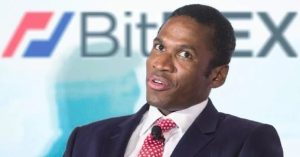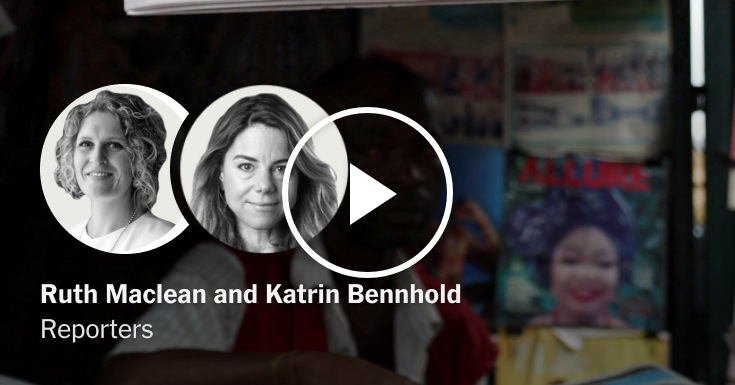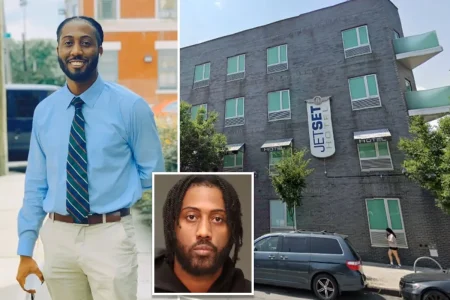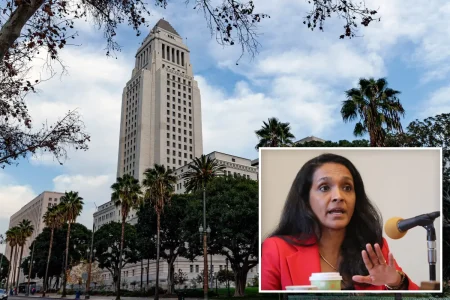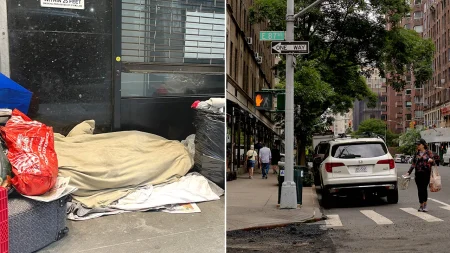Why Is Trump Threatening to Intervene In Nigeria? Understanding the Complex Religious Tensions and Political Implications
The Former President’s Controversial Claim About Christianity in Africa’s Most Populous Nation
Former President Donald Trump’s recent threat to deploy American troops to Nigeria has sent shockwaves through international diplomatic circles and raised serious questions about foreign policy priorities in West Africa. During a campaign rally last week, Trump declared that Christianity faces an “existential threat” in Nigeria, prompting immediate denials from Nigerian authorities and concern from regional security experts. This stunning assertion has thrust Africa’s most populous nation into the American political spotlight and reignited debates about religious violence, international intervention, and the complex socio-political dynamics of a nation grappling with multiple security challenges.
Nigeria, a nation of over 200 million people with nearly equal populations of Christians and Muslims, has indeed struggled with religious and communal violence for decades. However, the reality on the ground is far more nuanced than Trump’s characterization suggests. According to Ruth Maclean, West Africa bureau chief for The New York Times, “The violence affecting Nigeria crosses religious boundaries and impacts communities of all faiths. Christians have certainly been victims of attacks, particularly in the northeast where Boko Haram has operated, but Muslims have suffered equally devastating losses.” Recent data from conflict monitoring organizations indicates that casualties from violence in Nigeria’s Middle Belt region, where farmers and herders frequently clash, include substantial numbers of both Christians and Muslims. The complex interplay of resource competition, climate change, ethnic tensions, and weak governance has created conditions where violence flourishes, but rarely along purely religious lines.
Historical Context and Present-Day Violence: Beyond Simple Religious Divides
Nigeria’s religious landscape has been shaped by centuries of coexistence, with Islam predominant in the north and Christianity more common in the south. However, this religious geography oversimplifies the country’s intricate cultural tapestry. The nation comprises more than 250 ethnic groups and languages, with religious identity often intertwined with ethnic, regional, and political affiliations. While Nigeria has experienced periods of religious tension since gaining independence in 1960, the current violence stems from multiple interconnected factors that transcend simple religious divides.
The emergence of Boko Haram in 2009 marked a significant escalation in northeastern Nigeria, with the group targeting government institutions, schools, and communities—regardless of religious affiliation. Though initially focused on opposing Western education and influence, the group’s tactics evolved to include mass kidnappings, suicide bombings, and territorial conquest. “What began as a religiously motivated movement quickly became something more complex,” explains Dr. Ibrahim Hassan, professor of conflict studies at the University of Abuja. “Today, we’re seeing violence that stems from competition over dwindling resources, historical grievances between farming and herding communities, climate change pushing populations into new territories, and weak state capacity to mediate disputes before they turn violent.” These multifaceted challenges have created a security crisis that affects Nigerians of all faiths, with displacement, food insecurity, and economic disruption impacting millions across religious lines.
Nigerian Government Response and International Reactions
The Nigerian government has vehemently rejected Trump’s characterization and his threat of military intervention. In a strongly worded statement, Nigeria’s Minister of Information, Alhaji Mohammed, called the former president’s comments “deeply misinformed and potentially harmful to Nigeria’s delicate social fabric.” The statement emphasized Nigeria’s commitment to protecting citizens of all faiths and highlighted ongoing security operations against armed groups throughout the country. President Tinubu subsequently addressed the nation, stating: “Nigeria faces security challenges that we are determined to overcome through our own capabilities and with the support of trusted international partners. We reject any characterization that reduces our complex national challenges to a single religious narrative.”
International reaction has been similarly concerned, with the African Union expressing “deep reservations about statements that mischaracterize Africa’s challenges” and the United Nations calling for “measured and factual discourse about complex humanitarian situations.” The U.S. State Department distanced itself from Trump’s comments, with a spokesperson noting that “the United States remains committed to supporting Nigeria’s security efforts through established diplomatic and military cooperation channels.” This diplomatic tension comes at a particularly delicate moment, as Nigeria seeks international investment for economic development while battling inflation, currency devaluation, and energy challenges. Security experts worry that inflammatory rhetoric could undermine Nigeria’s stability at a crucial juncture. “When global figures with significant platforms make simplistic claims about complex conflicts, it can exacerbate tensions on the ground,” notes Dr. Amaka Obinna, director of the Center for Security and Peace Studies in Lagos. “Nigeria needs nuanced support, not threats of intervention based on partial understanding.”
The Real Victims: Communities Caught in Complex Violence
The human impact of Nigeria’s security challenges cuts across all demographic and religious lines. In villages throughout Nigeria’s Middle Belt, families of both Christian and Muslim faith have been displaced by violence that often stems from competition over land and water resources rather than religious differences. In Kaduna State, where farmer-herder conflicts have intensified in recent years, communities have reported attacks targeting both churches and mosques, often within days of each other. Fatima Ibrahim, who fled her village near Zaria after an attack last year, explained: “They didn’t ask if we were Muslim or Christian when they came. They just wanted our land and our livestock.”
Similarly, in Borno State, where Boko Haram and Islamic State West Africa Province (ISWAP) have been most active, both Christian and Muslim communities have suffered devastation. “We’ve documented attacks on mosques where worshippers were executed for not supporting extremist interpretations of Islam,” reports Hamid Musa of the Civilian Joint Task Force, a vigilante group that supports Nigerian military operations against insurgents. “These groups claim to act in the name of religion, but their victims include anyone who doesn’t subscribe to their ideology or who cooperates with the government.” The humanitarian toll is staggering—over 2.1 million Nigerians remain internally displaced, with hunger and disease compounding the direct impacts of violence. Humanitarian organizations working in affected areas consistently report that aid is provided based on need, not religious affiliation, as the suffering crosses all community boundaries.
Looking Forward: Nigeria’s Path to Stability and International Support
Despite these challenges, Nigeria has demonstrated remarkable resilience. Community-led peace initiatives have emerged in conflict hotspots, bringing together religious leaders from both faiths to mediate disputes and rebuild trust. In Plateau State, once notorious for religious violence, interfaith dialogue committees have successfully prevented potential conflicts from escalating in several communities. Economic development projects that create shared prosperity have also shown promise in reducing tensions. “When people have economic opportunities and can feed their families, they’re less susceptible to narratives that blame other religious or ethnic groups for their problems,” explains Reverend James Wuye, who co-leads an interfaith mediation initiative with Imam Muhammad Ashafa in Kaduna.
International support for Nigeria should focus on addressing root causes of insecurity rather than military intervention. Experts suggest prioritizing climate adaptation for farming and herding communities, strengthening local conflict resolution mechanisms, improving governance in underserved areas, and providing economic alternatives for young people vulnerable to recruitment by armed groups. “Nigeria doesn’t need foreign troops,” states General Ibrahim Attahiru (ret.), former Nigerian Chief of Army Staff. “What would truly help is technical support for our security forces, intelligence sharing, and development assistance that targets the conditions that make violence possible.” As Nigeria navigates these challenges, international partners would be wise to engage with the full complexity of the situation, recognizing that sustainable peace requires addressing economic, environmental, and governance factors alongside security concerns. The path forward for Nigeria depends not on external military intervention but on strengthened institutions, inclusive economic growth, and continued dialogue across religious and ethnic lines—support that acknowledges the agency of Nigerians in shaping their own future.

